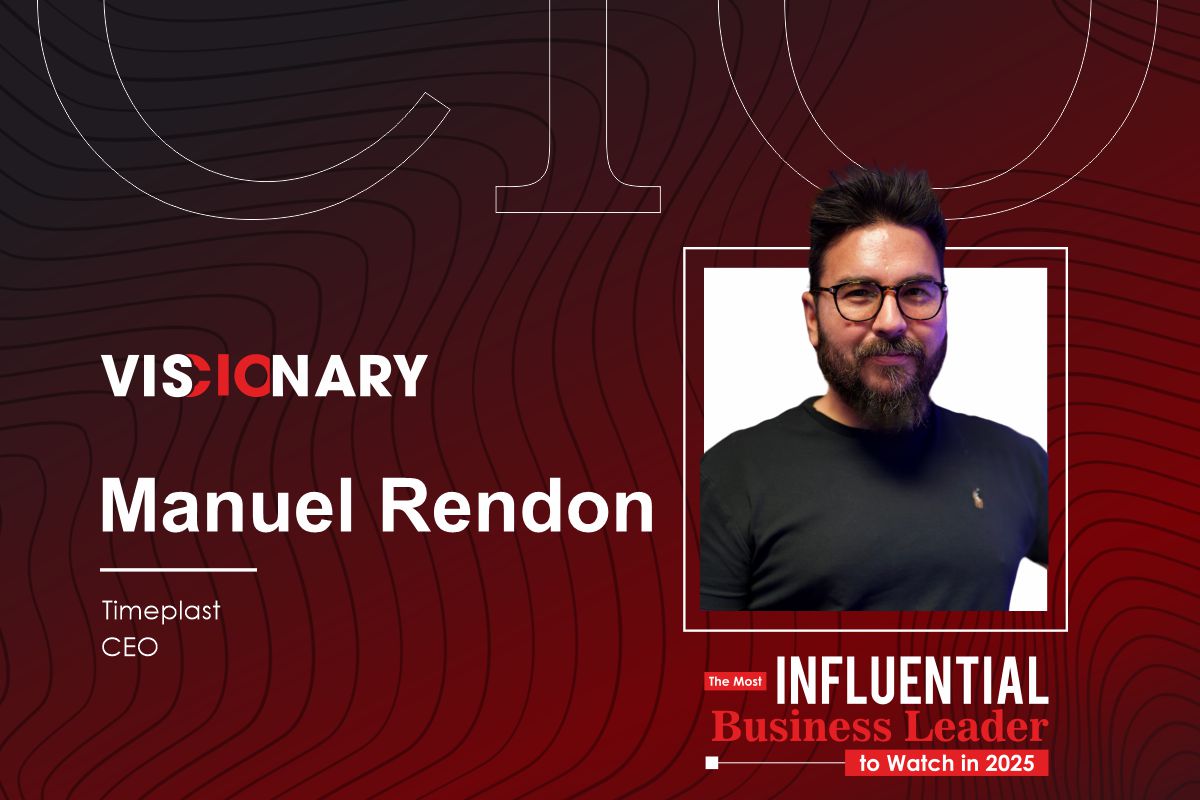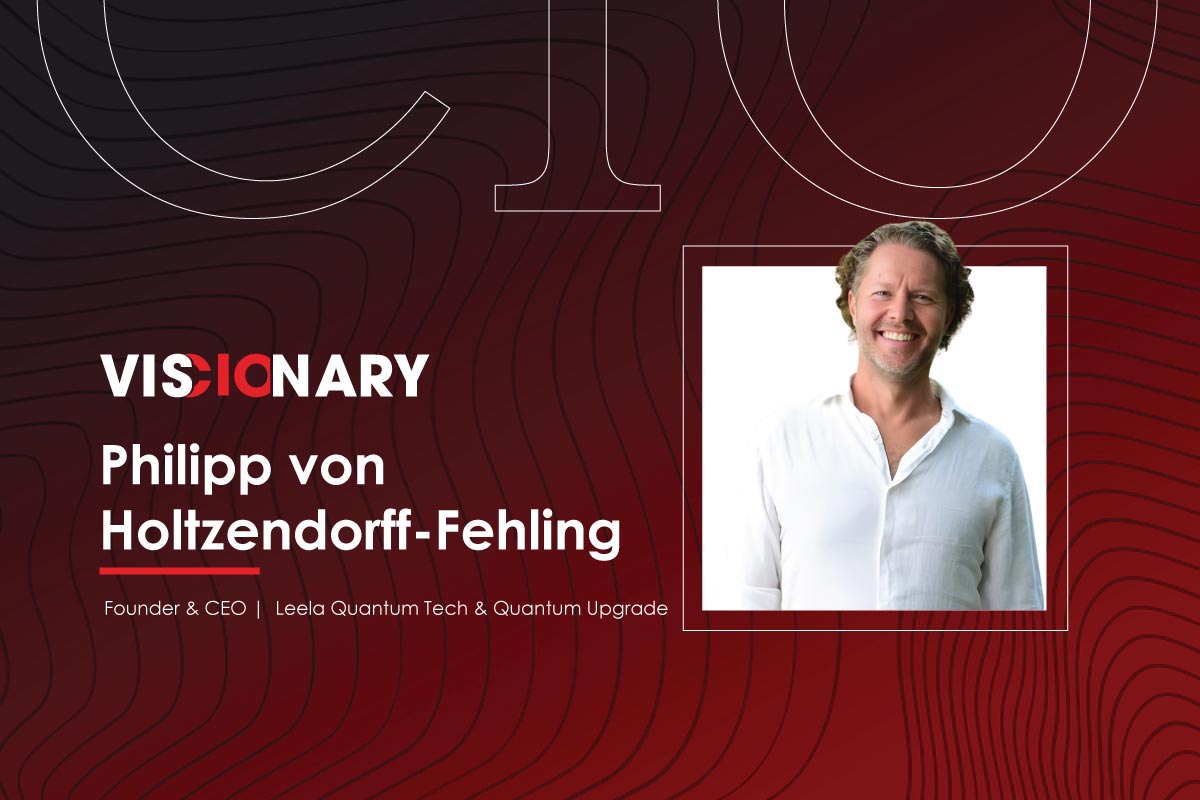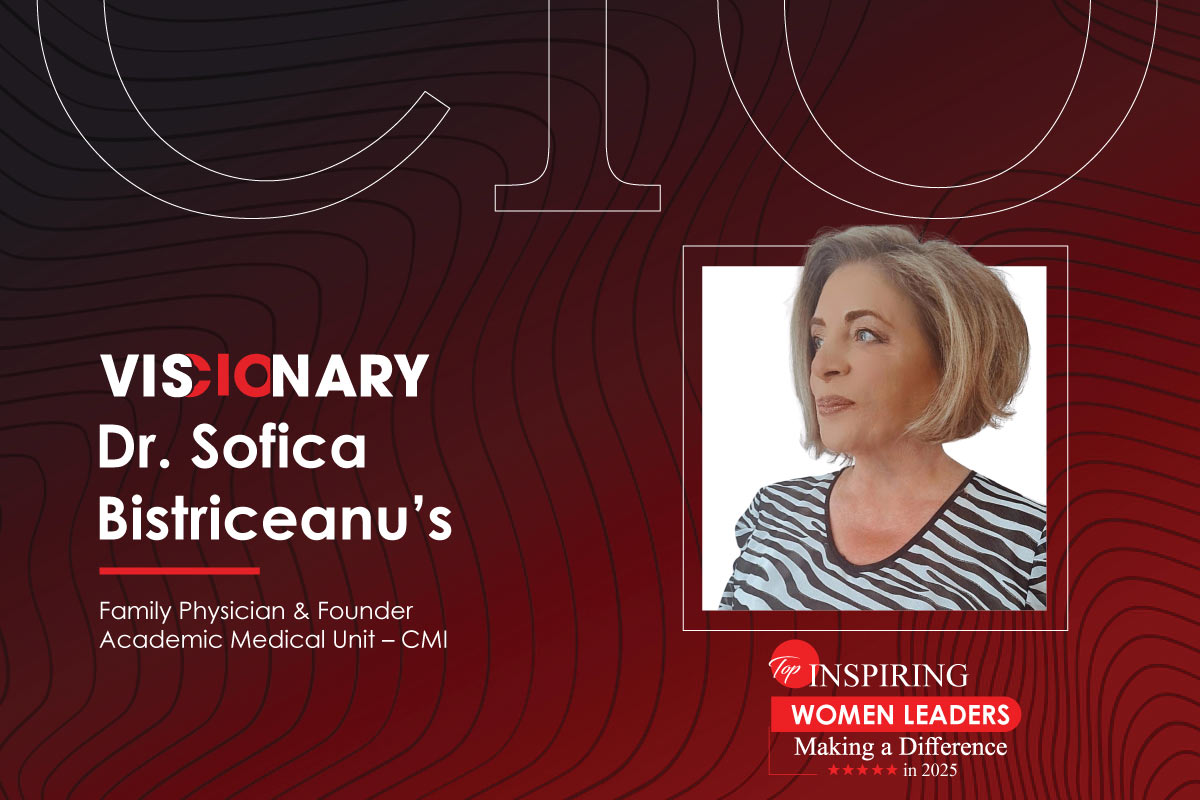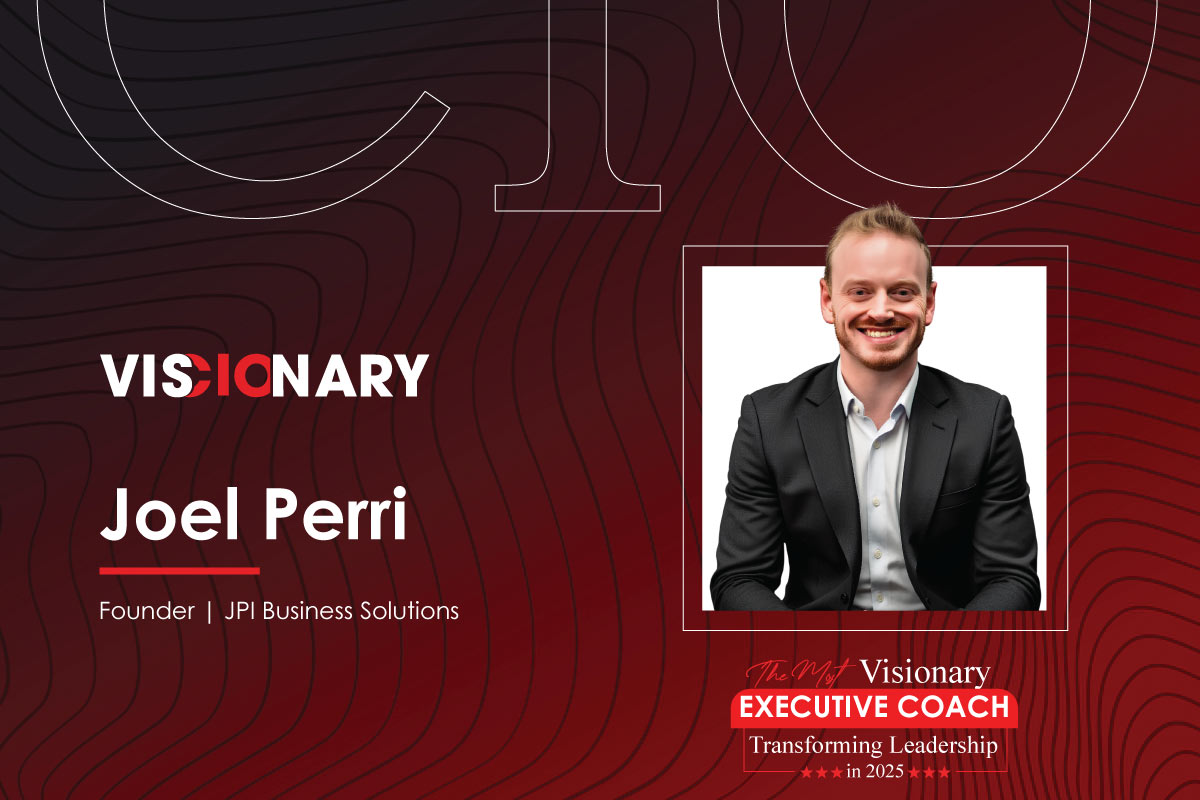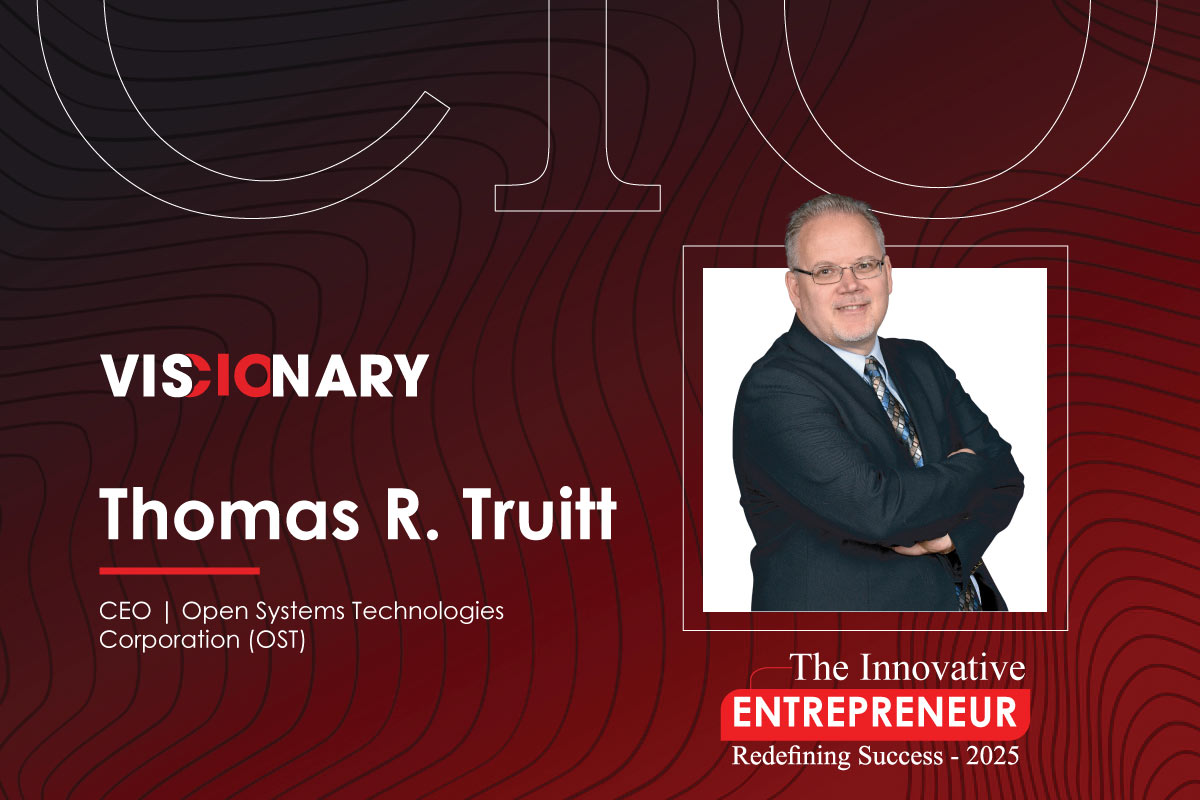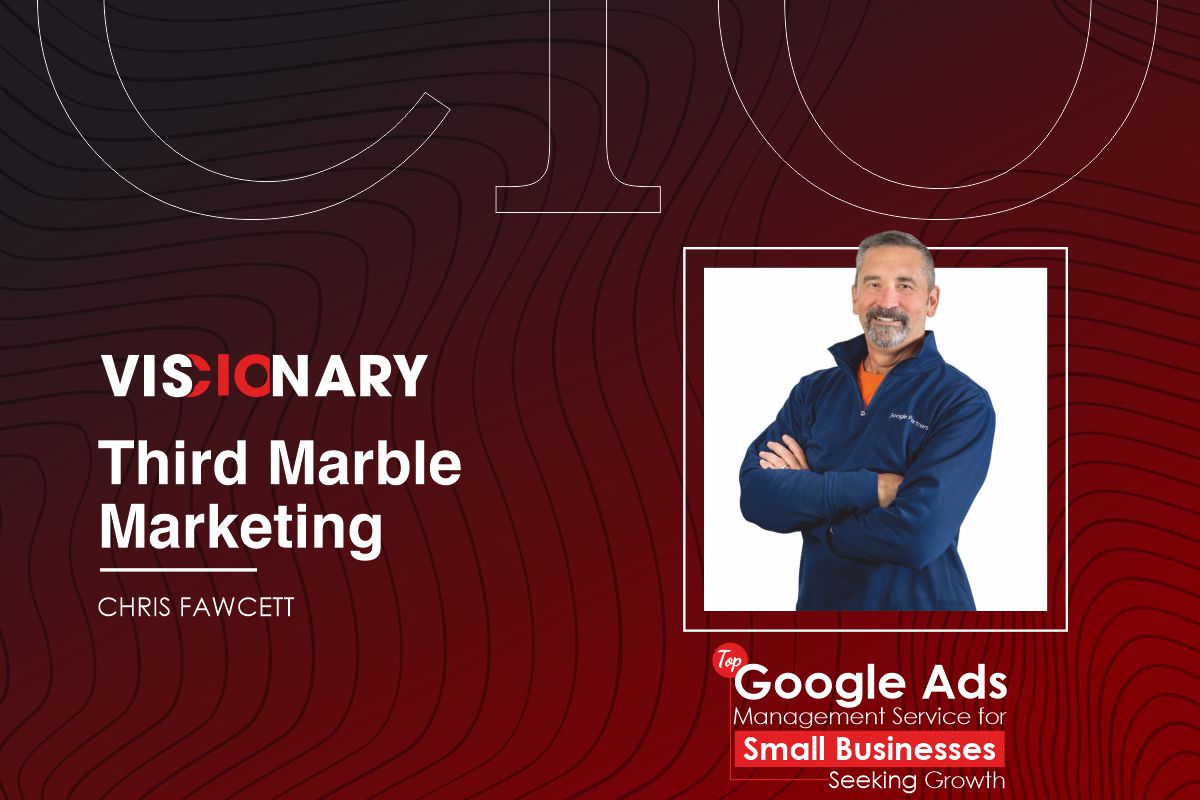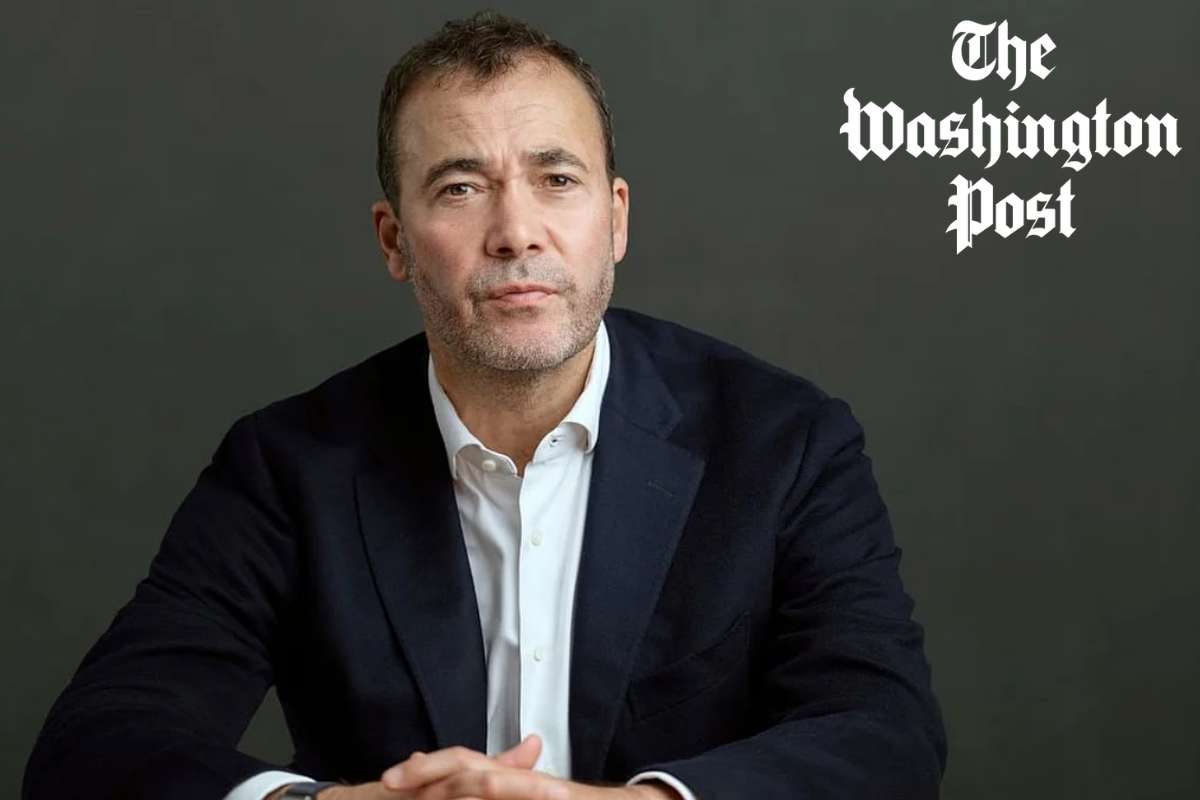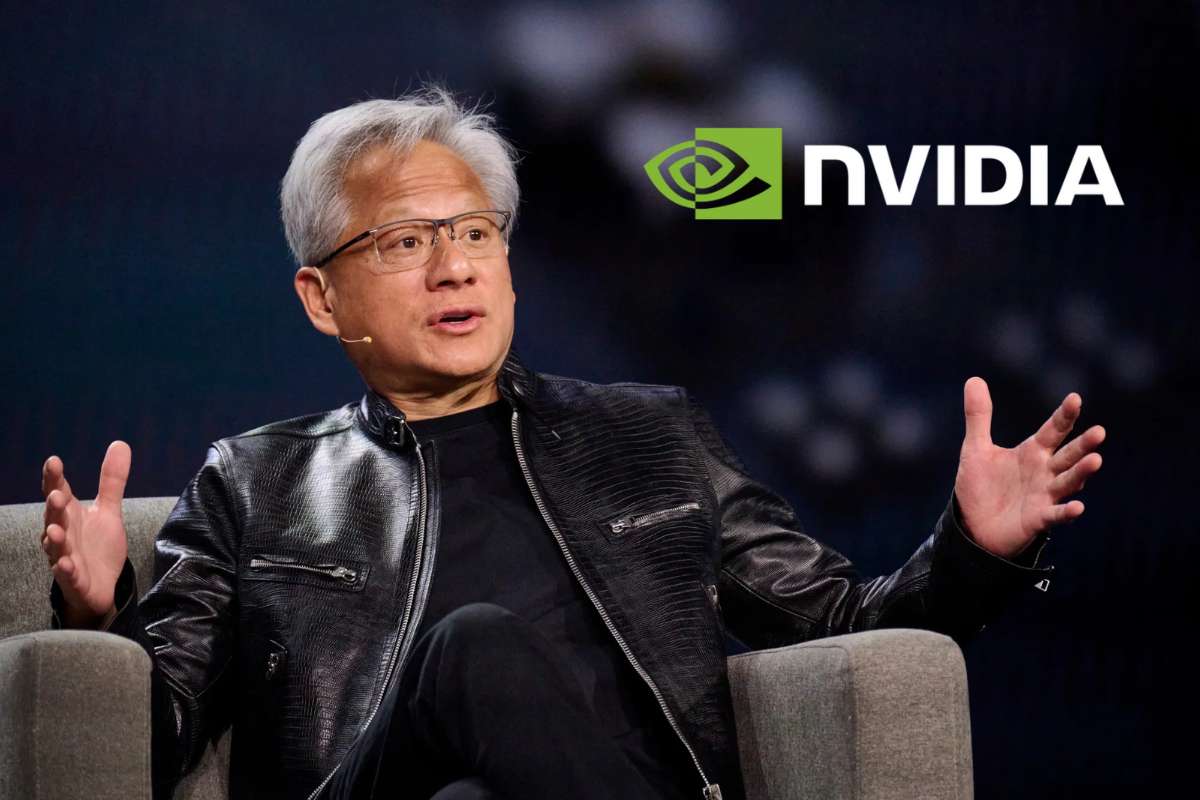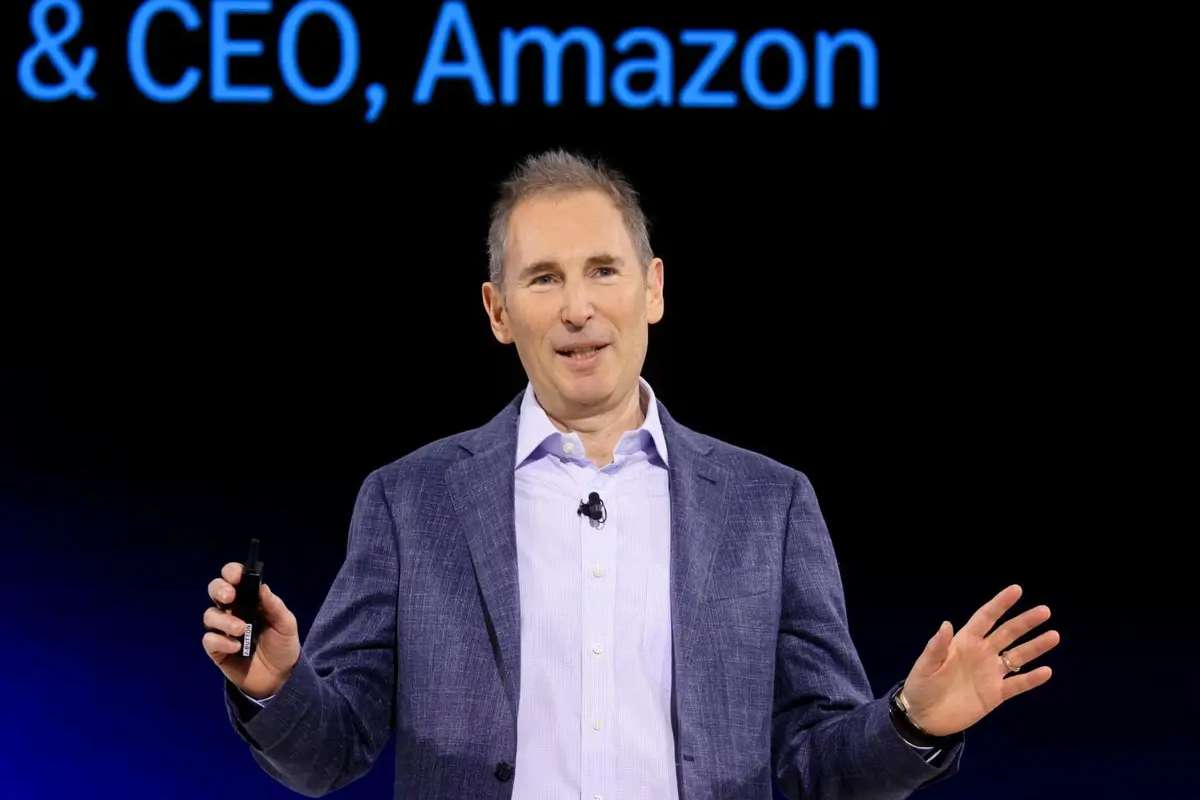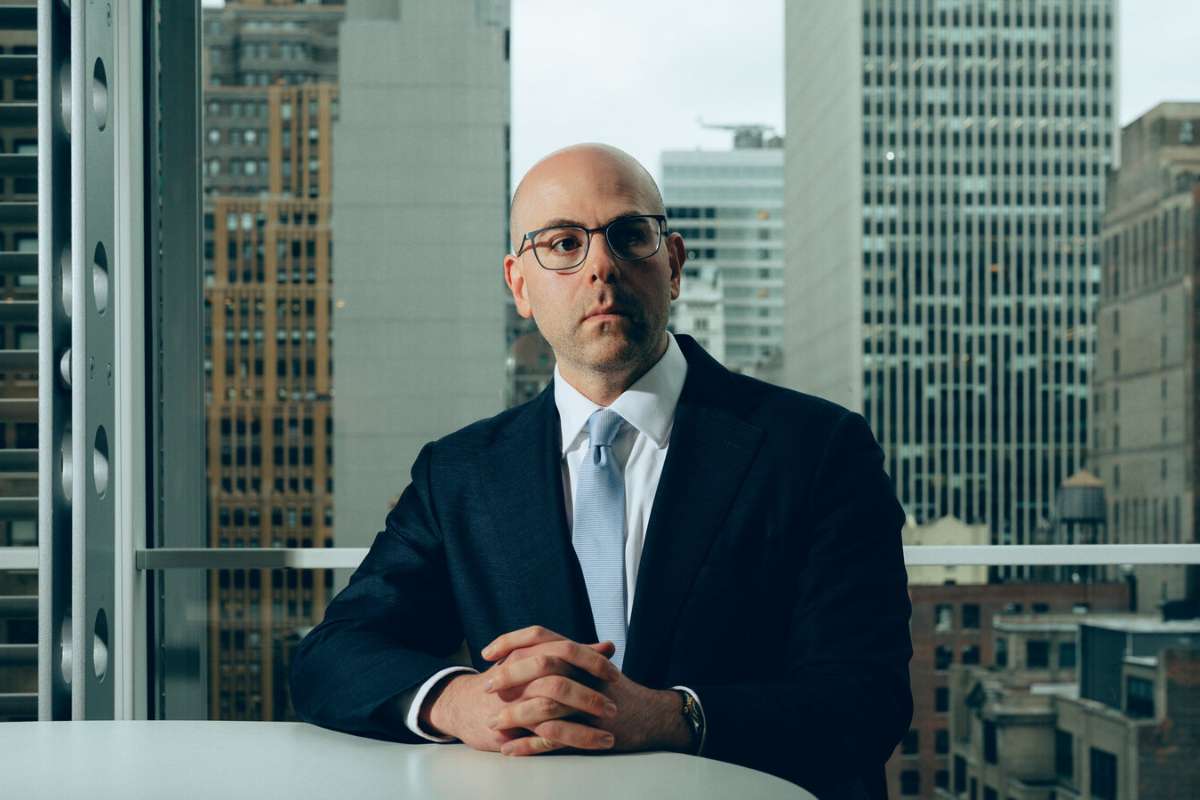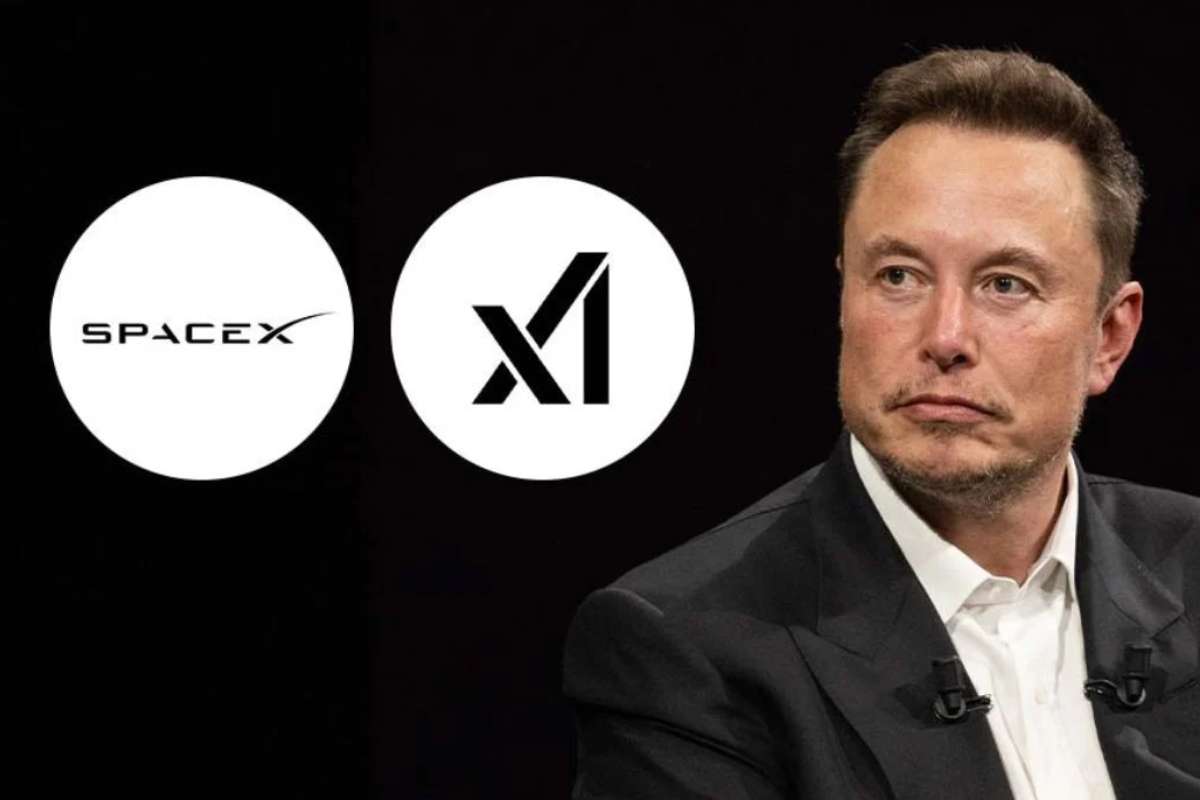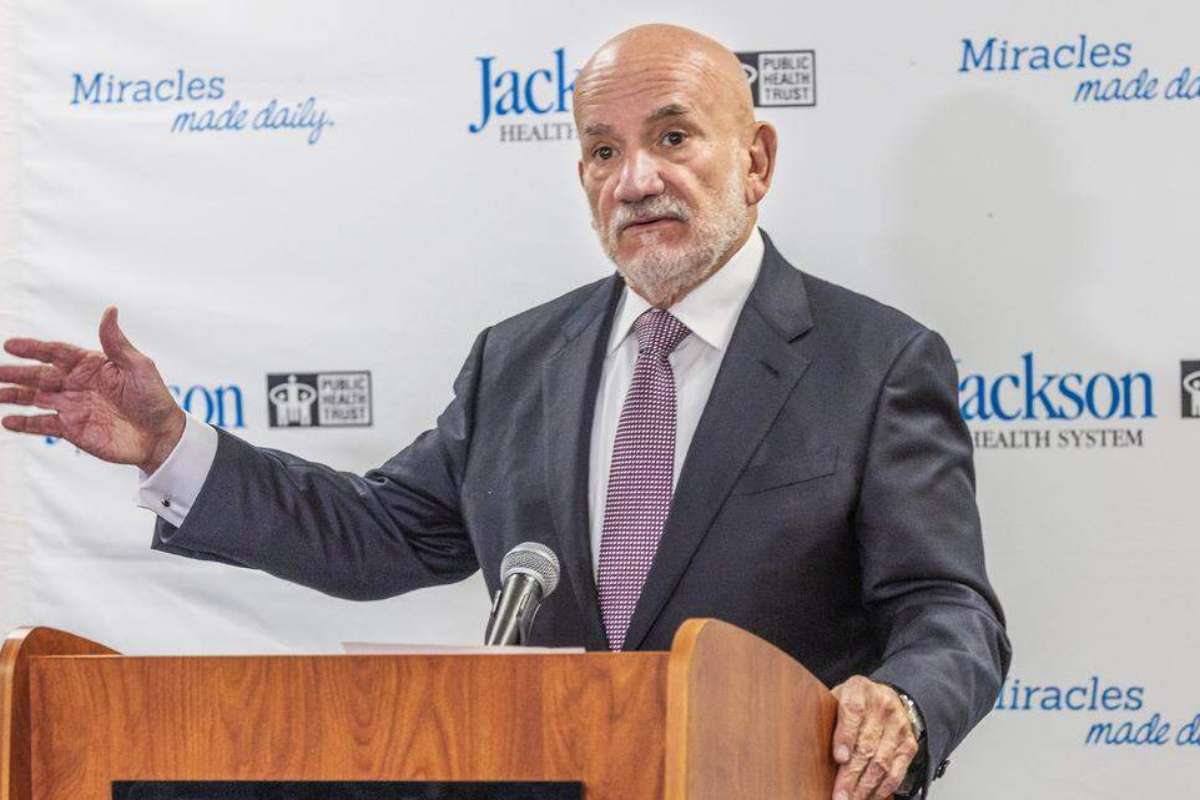Visionary leaders redefine industries, not by following trends but by setting them. They challenge conventional wisdom, push the boundaries of innovation, and reshape the way society interacts with technology and sustainability. These pioneers see beyond the present, imagining solutions that others deem impossible. Their ability to merge science, entrepreneurship, and purpose creates a lasting impact—one that doesn’t just transform businesses but redefines the future itself.
Manuel Rendon, CEO of Timeplast, stands at the forefront of this revolution. A true innovator, he is not only reimagining material science but also reshaping humanity’s relationship with sustainability. With a bold vision to replace conventional plastics and building materials with groundbreaking water-based alternatives, he is leading a paradigm shift toward a future where waste is obsolete and resources are optimized to their fullest potential.
A Vision for a Sustainable Future
From an early age, Manuel Rendon was deeply concerned about existential threats facing humanity. At just 17, he found himself constantly contemplating the risks that could lead to human extinction, ranging from energy crises and societal collapse to the looming possibility of global conflict. However, one issue stood out to him above all others—microscopic plastic pollution.
As he pursued his studies in environmental engineering with a major in chemistry, Manuel realized a fundamental issue: while water is the universal solvent of life, covering most of the planet and making up about 70% of living organisms, the most widely used material—plastic—actively repels water at a molecular level. In the early 2000s, public discussions around plastic pollution were largely focused on visible waste, such as floating debris in the ocean. However, Manuel Rendon recognized that the real danger lay in microscopic plastic contamination, a problem that would only grow over time.
Determined to find a solution, he engaged in research, published scientific papers, and participated in academic and national events in Venezuela. His findings led him to a critical realization—nearly all commercial plastic materials are non-polar, meaning they do not dissolve in water. This imbalance between a water-based world and an overreliance on non-polar plastics was, in his view, an overlooked crisis. The only commercially known polar plastic, Polyvinyl Alcohol (PVA), was invented in 1924, but its immediate solubility upon contact with water limited its applications.
This gap in innovation led Manuel Rendon to establish Timeplast, a company dedicated to pioneering the first-ever water-soluble yet temporarily water-resistant material. Unlike existing plastics, this new polar material aligns with Earth’s natural chemistry, offering a breakthrough solution in the fight against microplastic pollution.
Overcoming Early Challenges
Starting a company came with significant challenges for Manuel, particularly when it came to funding. Coming from Venezuela—one of the poorest countries in recent times—meant that securing financial support was an uphill battle. However, his professional journey provided him with a unique advantage.
Manuel Rendon’s first and only corporate job was at PepsiCo Venezuela, where he quickly rose through the ranks to become the International Coordinator of the Environmental, Health, and Safety (EHS) system. His work eventually led him to PepsiCo Global in Plano, Texas, where he collaborated with Brad Rogers, the Global Packaging Discovery Director. Together, they explored innovative solutions to address the sustainability challenges of plastic packaging.
While working in PepsiCo’s research labs, Manuel saw an opportunity to launch his own company in the United States—a country he considers the best place for entrepreneurship. The challenge, however, was transitioning from Venezuela to the U.S. He was fortunate to receive a National Interest green card in 2017, during the first term of the Trump administration, which allowed him to establish Timeplast legally.
Rather than taking the traditional route of venture capital funding, Manuel opted for equity crowdfunding. Given the radical vision of Timeplast, he believed that opening the company to public scrutiny would not only validate the technology but also push for continuous improvement. This approach allowed Timeplast to grow with the engagement and influence of a large community, shaping it into the pioneering company it is today.
Pioneering Sustainable Plastics
Timeplast, under the leadership of Manuel Rendon, has developed a portfolio of four groundbreaking raw materials capable of replacing 95% of existing plastic types, from flexible packaging to rigid containers. These materials provide a strong thermal-mechanical foundation, making them viable alternatives to traditional plastics.
One of the company’s biggest innovations is the democratization of plastic purchasing. Traditionally, acquiring raw materials like polyethylene required navigating through distributors and contracts with major manufacturers like ExxonMobil. Timeplast has changed this by allowing businesses to purchase raw materials directly from its website, much like Apple and Tesla revolutionized direct-to-consumer sales in their respective industries. This approach opens doors for entrepreneurs and businesses seeking greater flexibility in sourcing sustainable materials.
Beyond raw materials, Timeplast is also making strides in 3D printing. The company has introduced a unique range of 4-dimensional 3D printing filaments—19 distinct variants that offer solutions unseen in the industry. These filaments enable users to unlocking a new era of 4D printing—where materials are no longer static, but instead react, transform, and integrate with the world around them. Whether it’s creating analog computers that grow trees in the middle of the desert, or crafting sci-fi-inspired luminescent guides, these materials push 3D printing all while tackling plastic pollution at its core.
What truly sets Timeplast apart is its molecular disintegration technology. Unlike conventional biodegradable plastics that require sunlight, oxygen, or bacteria to break down, Timeplast’s materials dissolve solely in the presence of water. This innovation aligns with nature’s design, considering the Earth’s vast water reserves.
Scaling with Sustainability
Timeplast drives its growth by linking production directly to demand. The company has established modular manufacturing units, ensuring efficient scalability. For instance, in the 3D printing sector, each unit is designed to produce 120 filaments per week. Once demand exceeds that capacity, Timeplast replicates the unit, allowing for seamless expansion without compromising efficiency.
A key part of the company’s long-term vision is transitioning to fully solar-powered production. Since Timeplast’s raw materials consist of 70% structured water, embedding this component into the molecular structure enables large-scale production at a competitive price point—potentially even cheaper than conventional plastics. By maintaining direct relationships with consumers and avoiding middlemen or large B2B deals, Timeplast fosters organic growth.
Rethinking Sustainability in Plastics
Manuel Rendon highlights a critical shift in the industry’s understanding of plastic pollution. Studies increasingly link plastics to hormone disruption and bioaccumulation, with each generation showing higher levels of plastic in their bodies. While industries outside of plastics recognize these risks, the plastic sector remains focused on two flawed solutions—biodegradability and recycling.
Manuel strongly criticizes biodegradability, calling it a misleading concept. Scientific studies reveal that standard biodegradability tests are conducted in controlled environments that do not reflect real-world conditions. More concerningly, biodegradation converts solid carbon into atmospheric carbon gases, such as CO2 and methane, which could disrupt the planet’s carbon balance. Most of Earth’s carbon exists in solid form, and widespread biodegradation could have unintended, large-scale consequences.
Recycling, on the other hand, often leads to downcycling rather than true circularity. Chemical recycling, while effective, remains a complex and hazardous process. Timeplast believes the only viable path forward is adapting materials to align with Earth’s natural chemistry—specifically, the water cycle.
Innovating for Change
As the CEO of Timeplast, Manuel Rendon envisions a future where his company revolutionizes material science by making traditional plastics and building materials obsolete. He believes that templates—innovative, water-based materials—will become the backbone of a trillion-dollar industry, replacing not just plastic but also cement, metal, glass, and paper. Manuel sees this as a paradigm shift in how materials and energy are optimized, aiming to maximize efficiency by leveraging the abundant resource of water.
Timeplast’s long-term goal is to harness the power of innovation to reshape how humans build and interact with their environment. This includes developing materials that can construct interfaces, infrastructure, and entire cities in a more sustainable and efficient manner. Manuel is committed to pushing the boundaries of material science, ensuring that future structures are built with materials that minimize environmental impact while maximizing durability and efficiency.
Beyond land-based innovations, Manuel has set his sights on the oceans. He and his team have been developing a floating city concept using their advanced four-dimensional material science. This initiative is supported by his other venture, String Cubed, which has patented a groundbreaking five-dimensional object called Bloominite. Bloominite has remarkable applications, including enabling tree growth in extreme desert conditions like the Sahara or facilitating the construction of floating organic platforms in open waters.
Looking even further, Manuel envisions a future where humanity expands beyond Earth, working toward becoming a multi-planetary species. He is focused on advancing civilization to a Type 1 status on the Kardashev scale. However, he stresses that before venturing into space, humanity must first optimize its own planet’s habitability. He highlights that Earth, despite its vast surface, remains largely uninhabited, particularly across its oceans. He believes that by mastering the art of building sustainable floating cities, the global challenge of population decline can be addressed effectively.
For Manuel, the journey to space begins with solving fundamental challenges on Earth. By sustainably expanding human settlements across the planet, he believes we will gain the necessary expertise to one day populate other worlds. His vision for Timeplast is not just about material innovation—it is about reshaping the future of human civilization.
Guiding Words
Manuel Rendon urges aspiring entrepreneurs and industry leaders to look beyond conventional career paths and explore fields that drive tangible change. He believes there is an over-allocation of talent in the financial and software sectors, leaving critical areas like chemistry and material science overlooked.
Manuel emphasizes that the materials shaping the modern world have remained largely unchanged for decades, leading to inefficiencies and environmental challenges. He sees immense opportunities for innovators to revolutionize material development and rebuild the physical infrastructure of society. His advice to young minds is simple yet powerful: dive into the chemical sciences, explore material innovation, and contribute to reshaping the foundation of human progress.
A Call to Elon Musk
Looking ahead, Manuel Rendon envisions a groundbreaking partnership with Elon Musk, believing that their collaboration could redefine sustainability and innovation. He has publicly expressed his desire to engage in discussions with Musk, proposing the development of a futuristic pilot city where individuals can construct homes and infrastructure with minimal resources and maximum efficiency.
“Timeplast is calling you, Elon. Let’s sit down for five minutes—it’ll be worth your time. Together, we can achieve something truly transformative,” he stated.

